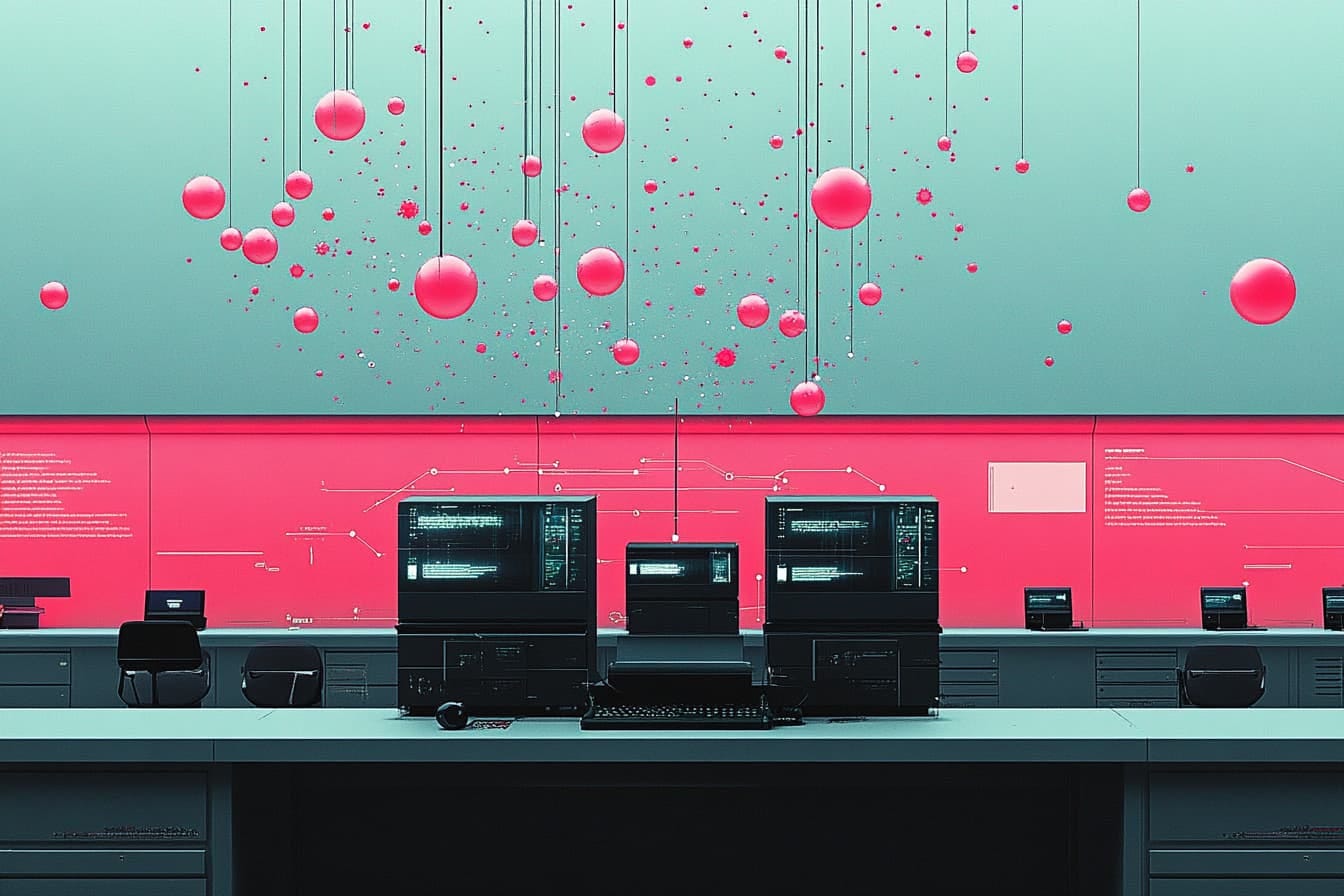If AI lives up to its hype and we can “outsource” the thinking, planning, and strategy parts of our jobs, do we risk losing the skills that make us human?
Research from the Center for Strategic Corporate Foresight and Sustainability found that there is "a significant negative correlation between frequent AI tool usage and critical thinking abilities, mediated by increased cognitive offloading.” In other words, use AI too much, and your mental faculties take a nosedive.
Of course, we’re very early in the world of AI in the workplace, and the long-term impacts are unknown. But there’s another way to think about AI: that it could actually improve our cognition by freeing up our mental bandwidth for higher-value work.
We spend too much time doing the wrong type of work
I’ve worked jobs in the past where I’ve begged my boss for the budget to purchase technology that would make work better and easier. The justification? If technology could do part of my job for me, I could spend more time on other things. Things that always fell to the bottom of the pile, because they did not have an instant, tangible result — like thinking strategically about improvements I could make within my department.
Knowledge workers can certainly relate. We compile reports, attend status meetings, and follow processes with endless tedious tasks. There’s simply no time for higher-level thinking.
While technology improvements may have previously been a “no,” the response to AI has been a resounding “yes.” Perhaps it’s the promise of “10x everything!” but CEOs are enamored with the promise of AI.
For many workers, this might be an opportunity. Farm out the redundant, tedious tasks to AI so we can focus on work that requires our unique expertise.
AI can boost critical thinking
We’re in an in-between period right now. People are figuring out which tasks to assign to AI, which is likely showing up in the research as “increased mental offloading.” We’re testing the waters, but this isn’t the final destination.
Take coding, for example. Software can have millions of lines of code, which previously needed to be entered manually. Now, AI can handle a bulk of the repetitive work. Human coders take on the role of orchestrators: the brains behind the operation, guiding AI agents to the correct result.
In my personal experience, I’ve used AI to expand my existing skills. I’m self-employed, so I don’t have any colleagues to bounce ideas off of if I’m stuck. I was working with an app recently, and couldn’t get it to do what I wanted. I turned to ChatGPT and asked for help. ChatGPT gave me incorrect information, which I recognized right away, based on my knowledge of the app.
I prodded ChatGPT again, explaining why the previous answer wouldn’t work. ChatGPT replied, “You’re right! Here are some additional steps you need to take.” The instructions were, again, incorrect. However, the incorrect instructions were enough to spark an idea… and my idea worked.
As a sparring partner, AI let me work through a problem that I otherwise wouldn’t have been able to solve on my own (at least not without a significant amount of trial, error, and frustration).
My skills haven’t atrophied because of AI. Quite the opposite: AI takes over some of the boring work, and lets me focus on more creative work — the type of work only a human can do.
Don’t let AI water down your career
Even if the research currently suggests that AI negatively impacts critical thinking abilities, that doesn’t have to be your experience.
You can find the right use cases to remove the boring and tedious work from your day. Once you do that, use the additional time for impactful work that was always pushed to the back burner. Or spend the time learning something completely new that could help your career.
The people who will experience skill atrophy are those who outsource everything to AI — and can’t recognize when work needs human oversight, decision-making, and experience.
Most issues of this publication are free because I love sharing ideas and connecting with others about the future of work. If you want to support me as a writer, you can buy me a coffee.
If you love this newsletter and look forward to reading it every week, please consider forwarding it to a friend or becoming a subscriber.
Have a work story you’d like to share? Please reach out using this form. I can retell your story while protecting your identity, share a guest post, or conduct an interview.





